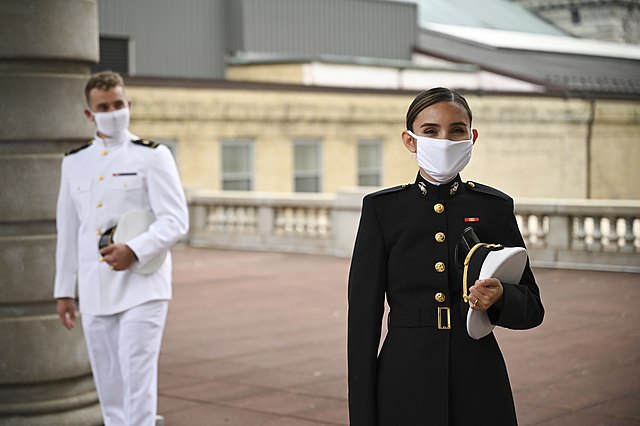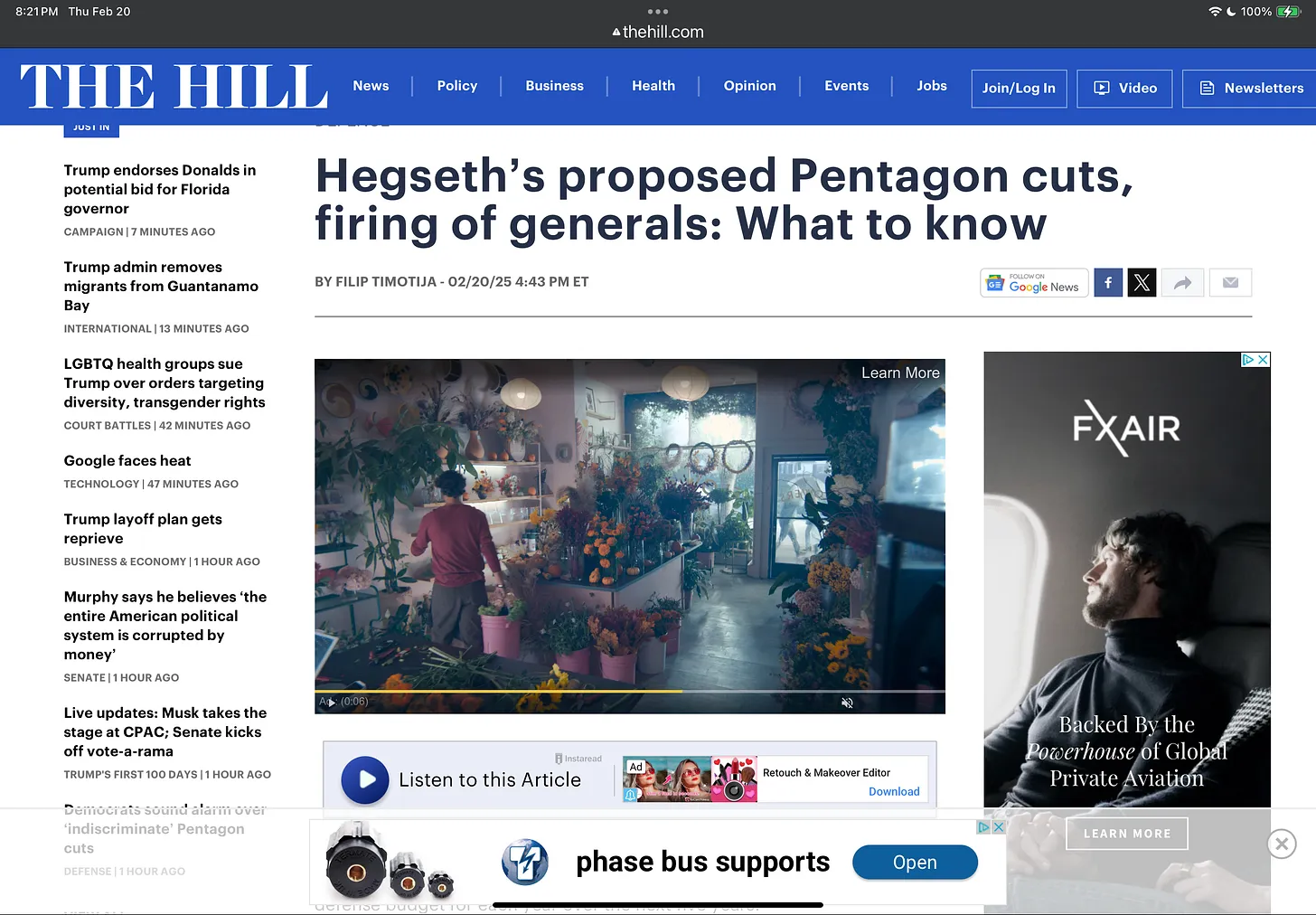Racial preferences compromise combat effectiveness, dilute merit, and are unfair.

uring oral argument in the college admissions racial preferences cases (Students for Fair Admissions v. Harvard/UNC), Supreme Court Chief Justice John Roberts inquired of United States Solicitor General Elizabeth Prelogar whether the service academies should “rise or fall” with the court’s ruling regarding Harvard and the University of North Carolina. The solicitor general, joined by the Department of Defense (DOD) general counsel, had claimed in briefing that the continued use of racial preferences at the service academies is a “national security imperative,” prompting the question.
The chief justice asked, effectively, whether DOD seeks an exemption for the military from any ruling against Harvard and UNC banning racial preferences’ further use. Prelogar’s replies fell short of asking for a military carveout, but she left the door open, reiterating the military’s alleged “distinctive interests” in using racial preferences and her claims that they are a “truly compelling interest” and “critically important” for the military.
Not addressed in rebuttal arguments were the reasons why there is no compelling national security imperative and how racial preferences are harming our military...
To read more visit The Federalist.
























